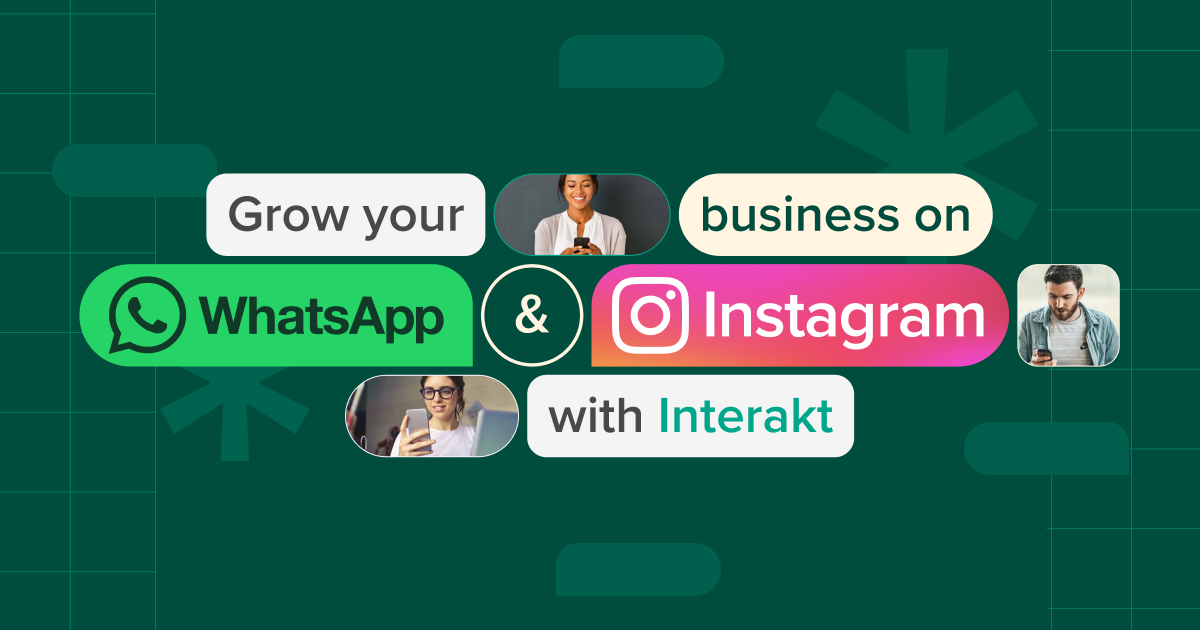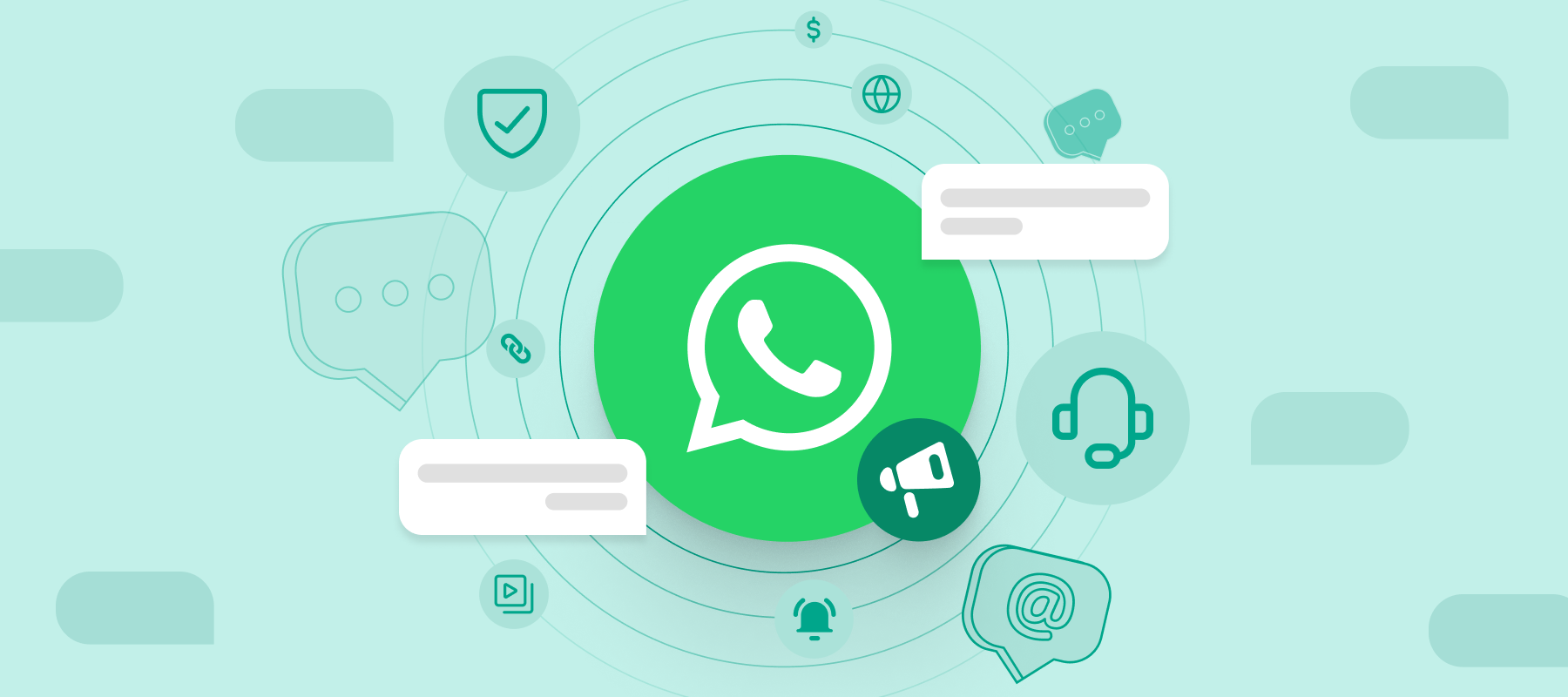In the rapidly evolving world of digital marketing, businesses are constantly seeking innovative ways to engage their audience. One platform that has emerged as a powerful tool for marketers is WhatsApp. With over 2 billion users worldwide, WhatsApp offers a unique opportunity to connect with customers in a personal and direct manner. In this blog post, we will delve into the intricacies of WhatsApp marketing, explore some WhatsApp marketing examples, and provide insights on how businesses can leverage this platform effectively.
Understanding WhatsApp Marketing
WhatsApp marketing is the practice of using WhatsApp to promote products or services, build brand awareness, and engage with customers. Unlike traditional marketing methods, WhatsApp allows for real-time, two-way communication, making it ideal for personalized customer interactions. Businesses can use WhatsApp to send promotional messages, offer customer support, and even conduct transactions.
The Benefits of WhatsApp Marketing
There are several benefits to incorporating WhatsApp into your marketing strategy:
- Wide Reach: With billions of active users, WhatsApp provides access to a large and diverse audience.
- High Engagement: Messages sent via WhatsApp have high open and response rates, ensuring that your content reaches your intended audience.
- Cost-Effective: WhatsApp marketing is relatively inexpensive compared to other digital marketing channels.
- Personalization: The platform allows for tailored communication, enhancing customer satisfaction and loyalty.
- Secure Communication: WhatsApp offers end-to-end encryption, ensuring secure interactions between businesses and customers.
WhatsApp Marketing Strategies
To effectively implement WhatsApp marketing, businesses should consider the following strategies:
1. Building a Contact List
The foundation of any successful WhatsApp marketing campaign is a robust contact list. Businesses should encourage customers to opt-in to receive messages by offering incentives or integrating WhatsApp into their existing communication channels. Ensure compliance with data protection regulations by obtaining explicit consent from users.
2. Crafting Engaging Content
Content is king, and this holds for WhatsApp marketing. Messages should be concise, relevant, and engaging. Utilize multimedia elements such as images, videos, and voice notes to capture the attention of your audience. Additionally, consider segmenting your audience to deliver personalized content that resonates with each group.
3. Leveraging WhatsApp Business API
For larger businesses, the WhatsApp Business API offers advanced features such as automated messages, analytics, and integration with CRM systems. This enables businesses to streamline their communication processes and enhance customer engagement.
WhatsApp Marketing Examples
To illustrate the potential of WhatsApp marketing, let’s explore some real-world examples:
1. Hellmann’s “WhatsCook” Campaign (Brazil)
What they did: Hellmann’s connected users with real chefs over WhatsApp. Shoppers who bought Hellmann’s mayonnaise could message a chef on WhatsApp, send a picture of ingredients in their fridge, and instantly receive a personalized recipe.
Why it worked: It combined personalization, convenience, and brand utility, making mayonnaise the hero ingredient. The campaign generated millions of interactions and high engagement.
2. Absolut Vodka’s Limited Edition Launch (Argentina)
What they did: For a special Absolut party, the brand created a fictional WhatsApp bouncer named “Sven.” To get invites, fans had to convince “Sven” via WhatsApp that they deserved entry. People sent creative texts, photos, and even videos to grab attention.
Why it worked: It turned WhatsApp into an exclusive entry gate, driving buzz, UGC (user-generated content), and a sense of FOMO.
3. Colgate’s Oral Health Campaign (India)
What they did: Colgate used WhatsApp to promote oral health awareness in rural India. Consumers were encouraged to give a missed call to a number and then received free oral health tips, dentist videos, and personalized advice on WhatsApp.
Why it worked: It bridged accessibility gaps, reached people in low-internet zones, and positioned Colgate as a brand that cares beyond just selling toothpaste.
4. Netflix’s “WhatsApp Content Alerts” (India & Global)
What they did: Netflix set up WhatsApp opt-ins where subscribers could receive updates, memes, reminders, and even exclusive sneak peeks about shows. Fans of popular series like Sacred Games got quirky messages in the voices of their favorite characters.
Why it worked: It felt personal and fun — like chatting with the characters themselves — which built hype and boosted binge-watching.
5. Toyota’s “Hybrid WhatsApp Test Drive” (Europe)
What they did: Toyota used WhatsApp to let potential buyers schedule test drives directly through chat. The campaign featured a conversational bot that answered questions, sent brochures, and booked appointments seamlessly.
Why it worked: It removed friction from the customer journey, provided instant support, and drove a big uplift in dealership visits and test drives.
These WhatsApp marketing examples demonstrate the versatility of the platform and its potential to create meaningful connections with customers.
Challenges in WhatsApp Marketing
While WhatsApp marketing offers numerous benefits, it also presents certain challenges that businesses must navigate:
- Privacy Concerns: Users may be wary of sharing personal information, requiring businesses to ensure transparency and compliance with privacy regulations.
- Message Frequency: Over-messaging can lead to user fatigue and opt-outs. It’s important to balance frequency and relevance.
- Measurement and Analytics: Unlike other platforms, WhatsApp offers limited analytics capabilities, making it challenging to measure campaign performance.
“The ultimate goal of any marketing endeavor is to foster a meaningful connection with the customer, and WhatsApp provides the perfect platform to achieve that.”
Getting Started with WhatsApp Marketing
If you’re considering incorporating WhatsApp into your marketing strategy, here are some steps to get started:
- Download and set up the WhatsApp Business App or API, depending on your business size and needs.
- Define your goals and objectives for using WhatsApp in your marketing efforts.
- Build and segment your contact list to ensure targeted communication.
- Create a content calendar to plan and schedule your messages in advance.
- Continuously monitor and optimize your strategy based on customer feedback and engagement metrics.
For more information on WhatsApp’s business capabilities, you can visit the official WhatsApp Business page.
Ready to launch your own WhatsApp marketing campaigns? With Interakt’s WhatsApp Marketing platform, you can:
- Send personalized bulk campaigns at scale
- Automate customer journeys and reminders
- Track performance with detailed analytics
- Connect seamlessly with Shopify, Razorpay, and more
Don’t just read about viral campaigns — create your own with Interakt today.

